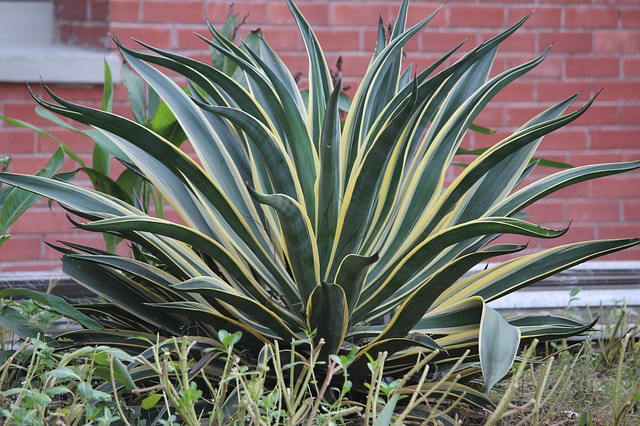
It was in 2006 that scientists initially started studying about a topic called plant neurobiology and since then, experts tried to address whether plants can think, learn and intentionally choose their actions.
Now, an opinion piece article published in the journal Trends in Plant Science has suggested that plants do not have consciousness. Scientists who took part in this study came to this conclusion after they analyzed the research of neuroscientist Todd Feinberg and evolutionary biologist Jon Mallatt which tried to explore the evolution of gaining consciousness by studying simple and complex animal brain systems.
Lincoln Taiz, Professor Emeritus of molecular, cell, and developmental biology at University of California at Santa Cruz who authored this opinion piece article revealed that absence of neurons in plants is a clear indication that they do not have consciousness.
"Feinberg and Mallat have advanced our understanding of the biological basis of consciousness with studies that suggest that in animals, at least, consciousness did not evolve with the first appearance of a nervous system, but with the evolution of a brain with a threshold level of functional specialization and complexity. Such threshold brains, according to their criteria, are found only in the vertebrates, arthropods, and cephalopods. The point we make in the article is that Feinberg and Mallat's analysis make consciousness in plants highly unlikely," Taiz told Gizmodo.
However, the research report suggested that plants appear to be intelligent when it comes to their genetically programmed behaviours. For example, plants make use of electric signals to regulate the distribution of charged molecules all across their body which will result in the curling of leaves, and scientists have called this a pre-programmed action, not a conscious response.
Taiz and his team are now planning to conduct more experiments under stringent conditions and control to unveil unanswered questions in the area of plant neurobiology.









